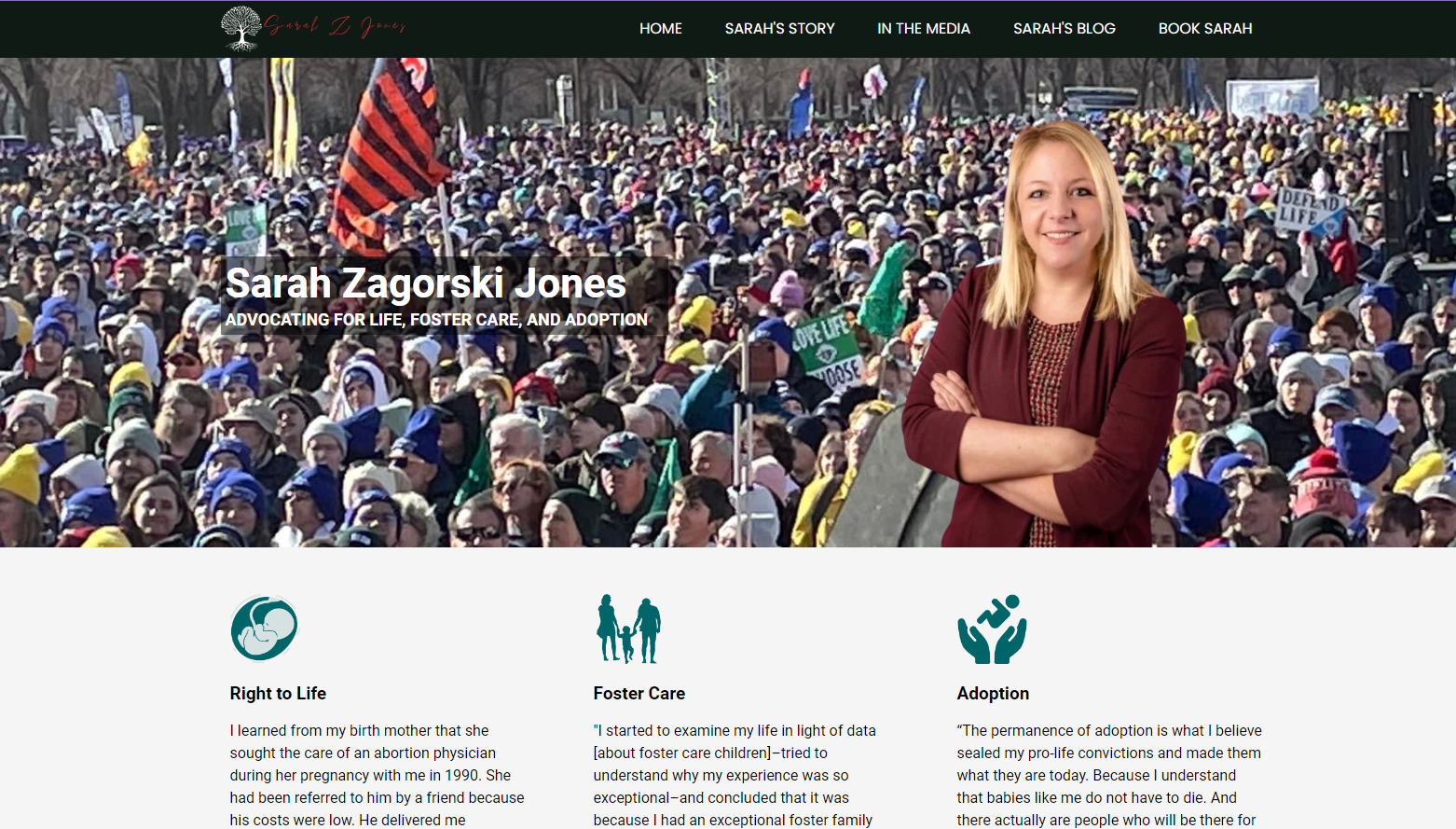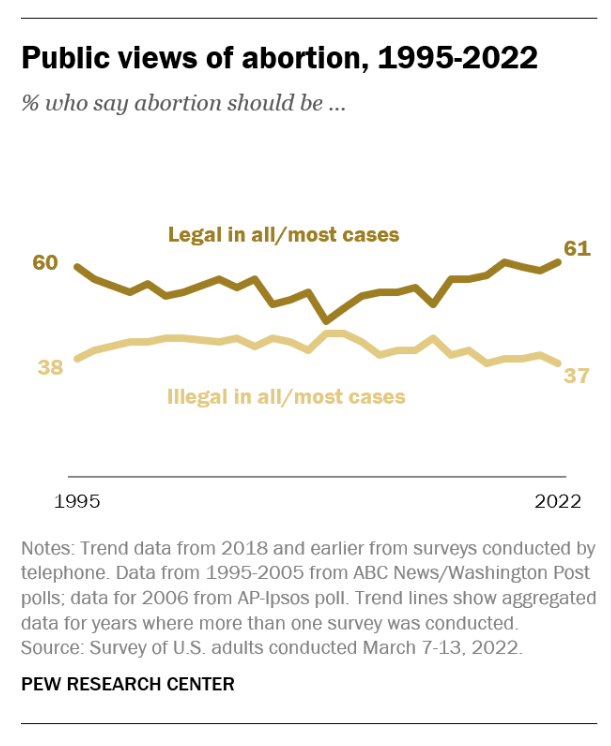Louisiana anti-abortion group calls on doctors to stop denying care exempted by ban
Group speaks out after hospitals refused to offer treatment for a woman who had a near deadly miscarriage citing ambiguous lawAn influential group in Louisiana that has long opposed abortion access is calling out medical providers and their legal advisers who – for an apparent fear of liability – have cited the state’s ban on most abortions to deny treatments that remain legal.Even though Louisiana has some of the tightest restrictions against abortion in the US, Joshua was legally entitled to the care she sought under an exception to the ban which involves miscarriages, Sarah Zagorski of Louisiana Right for Life said.
Zagorski, whose organization has been involved in anti-abortion legislation since 1970, said it is clear under Louisiana’s abortion ban that it is legal to provide and receive miscarriage treatments, even if they closely resemble some abortions.
“It was just a gross misunderstanding of the law from the practitioners handling the case, unfortunately,” Zagorski said.
The comments by Zagorski triggered some thinking and questions. Who is Zagorski to interpret Louisiana law? Multiple news stories have been written about ambiguity in anti-abortion laws and bad consequences for the women involved. Who bears responsibility for women whose lives are damaged or ruined by being forced to have a baby they do not want, cannot afford and/or otherwise face years of who knows what hardships? And how should Americans who support abortion rights react, if at all? Should people like Zagorski just be given a pass even though they identify themselves in public?
I searched and found things like this:
Since Zagorsky gives her email and speaks publicly, is it impolite or wrong to write and respectfully but clearly convey a few thoughts. Thoughts such as:
- You are not a lawyer, so how do you know what the scope of Louisiana forced birth law is? Laws can be enforced aggressively, not at all or in between. Prosecutors usually have a lot of discretion.
- Forced birth advocates like have a shared responsibility for all the harm that anti-abortion laws cause.
- Your shared responsibility includes the injuries, ruined lives, broken relationships and deaths to women that comes from ambiguity in forced birth laws, or in caution by people and businesses who shy away from laws they do not feel they know the exact limits of.
- Shared responsibility also includes the injuries, ruined lives, broken relationships and deaths to women that comes from their desperate attempts to obtain abortions that forced birth laws have made illegal, including women who were raped.
- Yes, forced birth advocates might deny any responsibility for what they have fomented, e.g., because God allegedly demands it. However, that does not change the fact that anti-abortion laws literally force some women to have a baby. That is unlike legal abortion under Roe, which never forced even one woman to bear a child against her will.
So what makes sense. Say nothing because criticisms of forced birth laws will be ignored or rejected? Or say something, e.g., because it sends a message that a majority of Americans disagree with extremist forced birth laws?




No comments:
Post a Comment